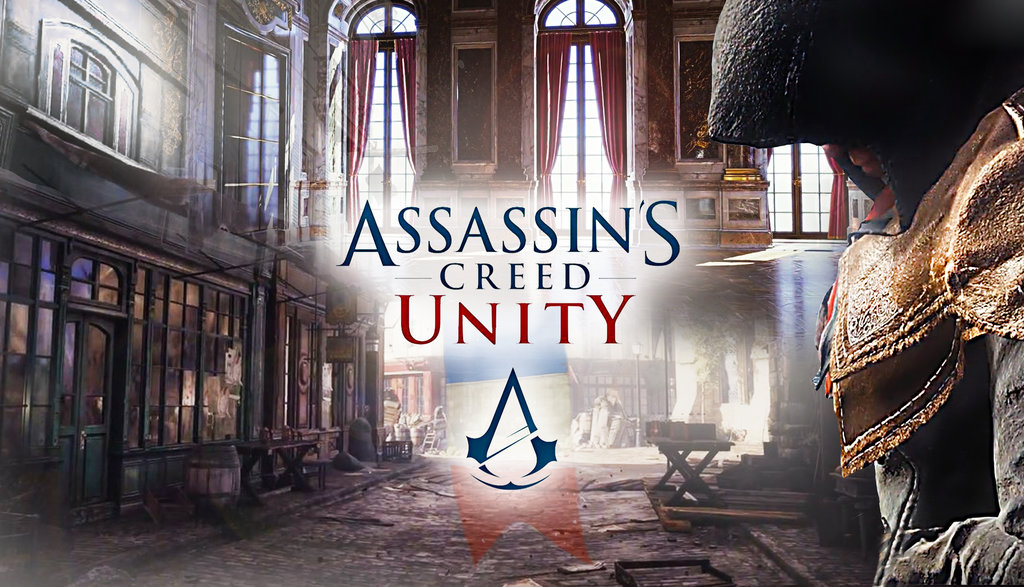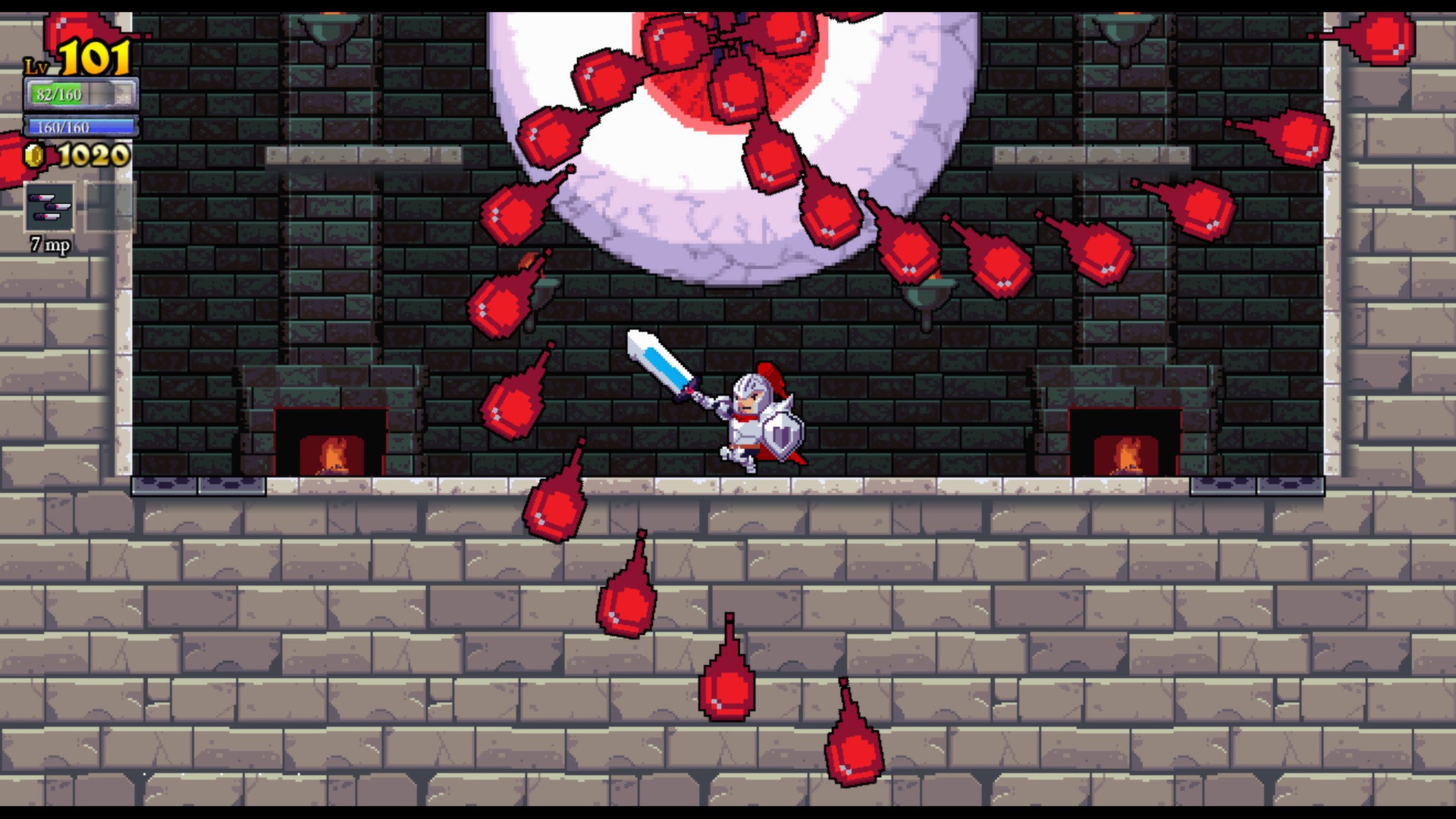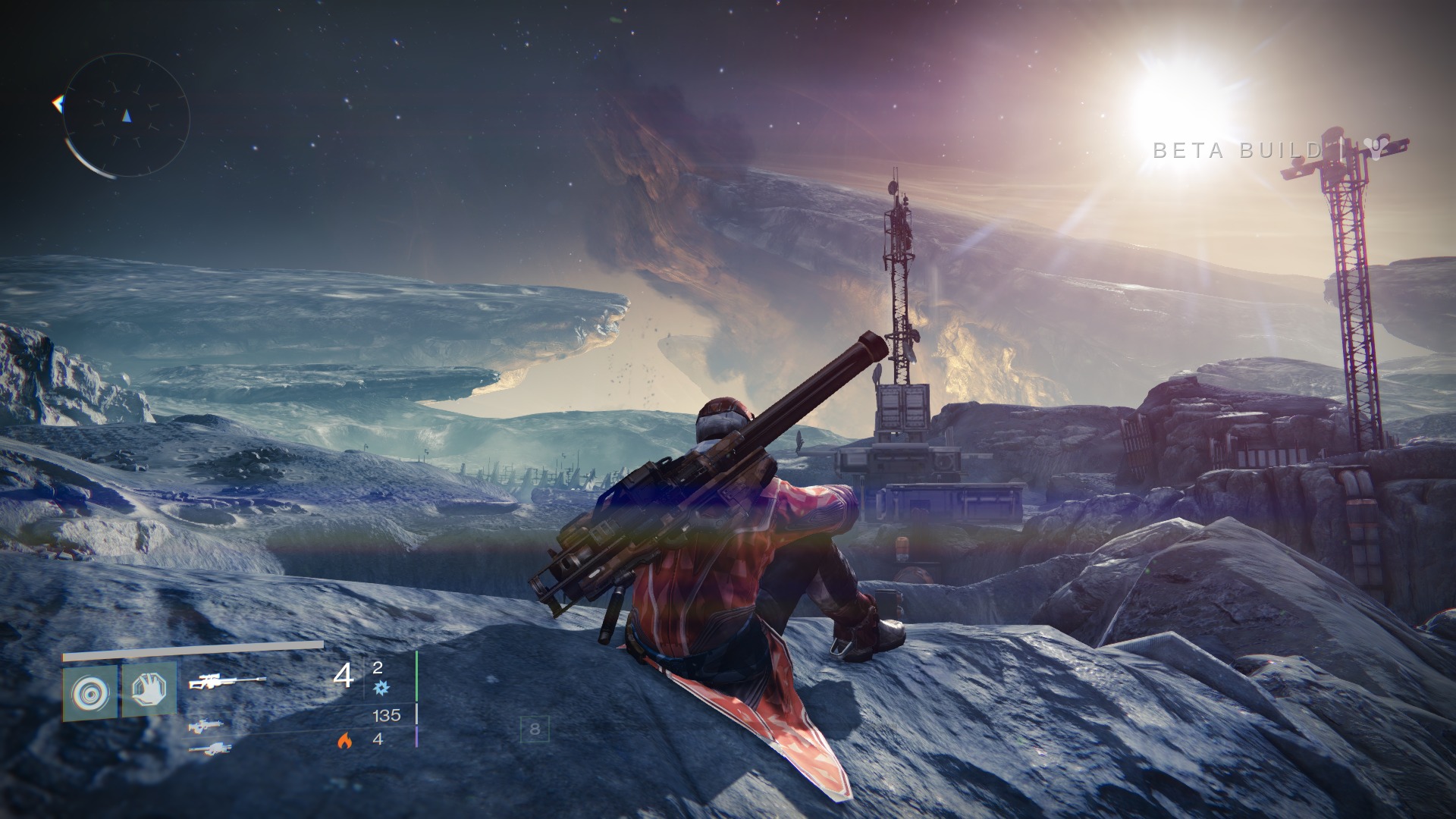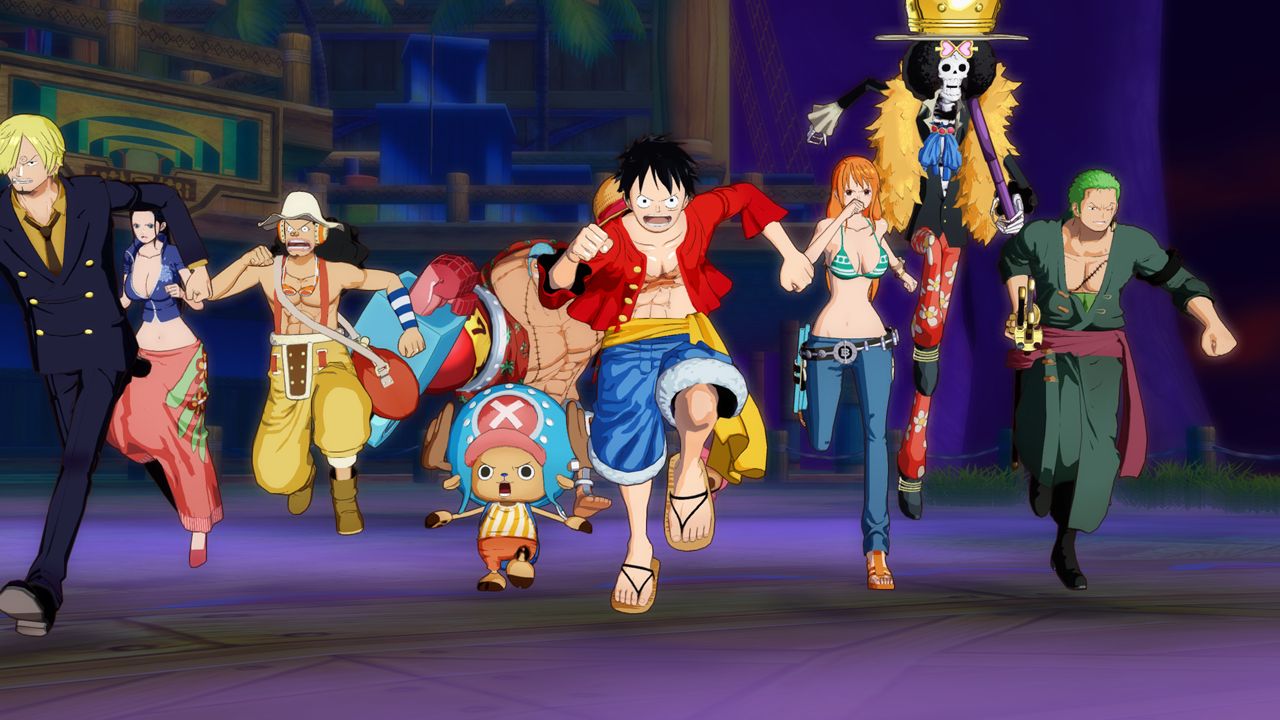Yeah, yeah, yeah, I know that it’s been out for ages. And yes, I get that you really want the PS4 and the Xbox One. But are you really going to leap onto a new console without even sparing a second thought for poor old Dark Souls? You are? Well then, it sounds like this might well be the last chance anyone gets to convince you to do otherwise.
Hear me out, for until a few weeks ago, I was just like you.
Let me start from the beginning.
Dark Souls first came to my attention after my housemate picked up a copy and bravely gave it a go, and after the steady string of swear words finally got too loud to ignore, I went to investigate. Watching him play the game, I completely understood. As someone who is occasionally prone to a tantrum myself, it looked crushingly difficult, punishing the player endlessly.
But despite this, something about it appealed to me in a big way; it gave the player a kind of freedom to play (or suffer) through the game that I had rarely seen before. Ever wanted to fight a giant rat as a great-sword wielding brick shithouse of a man? I know I did. Even the world itself seemed enticing and magical, but between the apparent strain it took to grind through the stages, and what looked like a complicated levelling system, I decided to keep my distance. It wasn't until fairly recently that I finally relented, stretching my lacklustre bank balance just far enough to afford a reduced copy from my local games shop. It took a while for me to sit down and actually get on with the game, but once it happened, I was totally hooked.
Dark Souls is a 3rd person RPG that see’s you, the chosen undead, traverse the vast kingdom of Lordran in order to, as part of a prophecy, undo the undead curse that has plagued the land. Or something like that. Honestly, it’s very difficult to give a synopsis of Dark Souls, simply because there are so few facts. I’m sure that a player could probably finish the game, blissfully unaware that a story has even taken place. Normally, this would be a complaint of mine, but in this case, it has been done fabulously, and really is a perfect example of how a story should show instead of telling. Looking closely, you’ll realise that the world is steeped in lore, but it’s incredibly easy to miss. It’s the first game I’ve played which doesn’t rely on lengthy cut scenes or clunky expositional dialogue to explain what’s going on, instead relying on the player to actually explore every element of the world, talking with NPC’s, observing the surroundings, and even reading item descriptions can reward you with pertinent information.
Despite the fact that deciphering the story sounds like hard work, it’s really more of a bonus than anything else. The kingdom of Lordran is a delight to explore (as long as you don’t perish along the way) and was clearly crafted with love. Dark Souls rarely offers anything in the way of advice as to where the player should go, so from the start there’s a number of different routes to take, and these pretty much cover all the bases; from glistening forests and dilapidated ruins all the way to murky, dank sewers. Even as you explore, you quickly realise that all the areas are in some way connected, and the chances are that if you can see something, you’ll eventually end up going there. The scale of Lordran is absolutely staggering, and it’s hard to ignore the grand, sweeping vistas that you are often presented with. It’s clear that a lot of time went into the design; each location has a bleak overtone to it, and lighting is used excellently to create genuinely frightening settings.
The atmosphere is palpable, and I frequently found myself slowly making my way through an area with my shield raised, for fear of what might spring out at me next. Even the enemies themselves are equal parts terrifying and horrific; with such variety, you can never guess what will come to stab, eat, burn or squash you next. It all works together to make the player feel utterly alone and powerless, and as a result makes an encounter with an NPC or another player a delight simply because it gives you a moment to breathe, and dare I say it, relax.
So as I’m sure you've guessed, the first thing you’ll notice when playing Dark Souls is how tough it is. After creating a character, selecting a class, and wandering through the briefest of tutorials, Dark Souls happily grabs you by the back of your swimsuit, and hurls you into the deep end. There isn’t so much a learning curve as there is a sheer wall that you must bang your face against over and over again until you reach the top.
Combat is, in theory, fairly straightforward; a variety of weapons, shields or sorceries can be equipped in each hand, and there are buttons for blocking, parrying, light attack and heavy attack. If you should succeed in a fight, you’ll earn the game’s currency, souls, and these can be used to level your character’s various attributes once a checkpoint (bonfires in Dark Souls) has been reached, or they can be spent on items sold by NPC’s. This would be all well and good were it not for the fact that when you die (which will happen a lot) you lose all your souls, and return to the last bonfire you rested at. But don’t worry guys! From Software aren’t entirely heartless! They kindly give you the chance to reach your death point and retrieve those sweet souls. What happens if you die before you collect them? Oh, well then, they go away forever.
As frustrating as it sounds, it serves to teach you quite an important lesson about the pacing of the game, not to mention giving the player a very healthy respect for their enemies; even once you’ve levelled up your character, the enemies that you face towards the beginning of the game can still deal some serious damage if you give them the opportunity. It becomes apparent that charging into a battle waving a sword around isn’t necessarily the best course of action, simply because the fights demand patience and quick reflexes. Because of this, any deaths the player will suffer are more often than not their own fault, and with very few exceptions, the game is never unfair, instead continually pushing the player into more challenging scenarios. The combat itself is very tight and responsive, but it also relies on the player studying the enemies, learning their behaviour, and adjusting their technique accordingly. After only a short time playing, you’ll realise that there is a marked difference in how you play, and you can visibly see yourself getting better. Once again, it sounds like a lot of hard work, and to some extent it is, but when you finally topple that boss that’s been repeatedly crushing you, it’s hugely rewarding.
Due to internet issues, I actually played through most of Dark Souls without the online component. But my God. What a difference it makes. Don’t get me wrong, it’s still a very good game offline, but the online element just adds so much. As you rest by a bonfire, shadows of other players form, and bloodstains can be seen around the world where others have perished. It all feeds into the tone of the game, giving you brief glimpses into other peoples’ worlds as they struggle, just like you. Being online also allows you to either summon other players, or yourself be summoned by others, in order to help out. Apart from making the game a bit easier, it also gives players a rare glimmer of hope; everyone can share tactics and knowledge to make the journey a little less unforgiving. Being unable to actually talk with the spectres makes the encounters particularly meaningful, as you must silently place your life in the hands of a stranger.
A special mention must go to the audio of Dark souls, or rather, the lack thereof. Although there is music, it’s used incredibly sparingly, and as a result the atmosphere heightens tenfold when it begins to play. As I was playing, I was found myself calming down whenever the melancholic strings of Firelink Shrine began to swell. If nothing else, it was a relief to hear just because it vaguely implied some sort of safety. Conversely, the hellish orchestral pieces that play during boss fights do a fantastic job of making the already intense battles seem all the more epic and nerve wracking. Besides the score, the general sound is excellent; from the grinding of armour, the whipping of bowstrings, to the hideous moans of the undead, they all serve to remind the player of how isolated they are in this vast, dangerous world.
There are few complaints I have about Dark Souls. Primarily it’s that framerate suffers quite badly in certain areas (particularly the ‘Blighttown’ stage), and it becomes a very choppy affair; in a game where reacting quickly is vital, this is especially frustrating. The only other problem I have is that there are instances where death is rather unfair, and it’s sometimes due to the level design – you are sometimes tasked with walking or jumping on extremely skinny ledges, something that the movement mechanic is not really suited for.
Bottom Line: Dark Souls is a game that you owe it to yourself to play before this generation is finished; while it can be infuriating, it never breaks the rules, only punishing players when they make mistakes, while still remaining massively satisfying. It gives you the freedom to play how you want to, and avoids funnelling players down a straightforward path. It’s not only challenging fun, but also refreshing to play a game that doesn’t hold your hand the entire way. If nothing else, you should play it just to admire the gorgeous design and awe-inspiring sights. Thanks for Reading!




